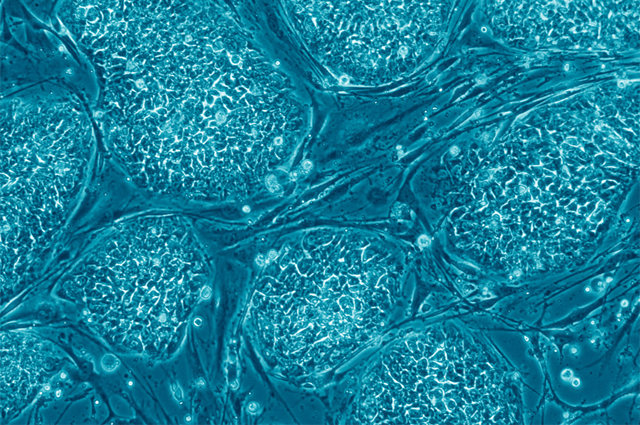A purportedly groundbreaking study on stem cells in Japan was discredited by Riken Research Institute, which said that the paper contained erroneous data and was deliberately manipulated by lead scientist Haruko Obokata.
Riken’s investigative committee concluded that Obokata intentionally fabricated her work on stimulus-triggered acquisition of pluripotency (STAP) cells, which were published by the British scientific journal Nature in January. Riken said her deeds constitute fraudulent acts as the lead author of the study and that she carried out the “research misconduct” alone.
Riken had asked scientists to retract the paper after questions emerged about the credibility of the study, with other experts and research groups saying they have failed to reproduce the same results as Obokata.
A panel of the government-funded research institute found that one of Obokata’s articles reused images related to her doctoral dissertation, which was based on different experiments.
“Actions like this completely destroy data credibility,” Shunsuke Ishii, head of the Riken committee, told a news conference.
“There is no doubt that she was fully aware of this danger. We’ve therefore concluded this was an act of research misconduct involving fabrication.”
In a news conference, Riken president Ryoji Noyori apologized for the disgrace.
“I apologize for having this incident occur, which may damage the trustworthiness of the scientific community,” he said.
Obokata rejected Riken’s final report and said she would soon file a complaint to challenge the “one-sided conclusion.”
“I’m filled with shock and indignation,” Obokata said in a statement. “If things stay as they are, misunderstanding could arise that the discovery of STAP cells itself is forgery. That would be utterly unacceptable.”
By Maesie Bertumen
Image of human embryonic stem cells: Wikimedia Commons









